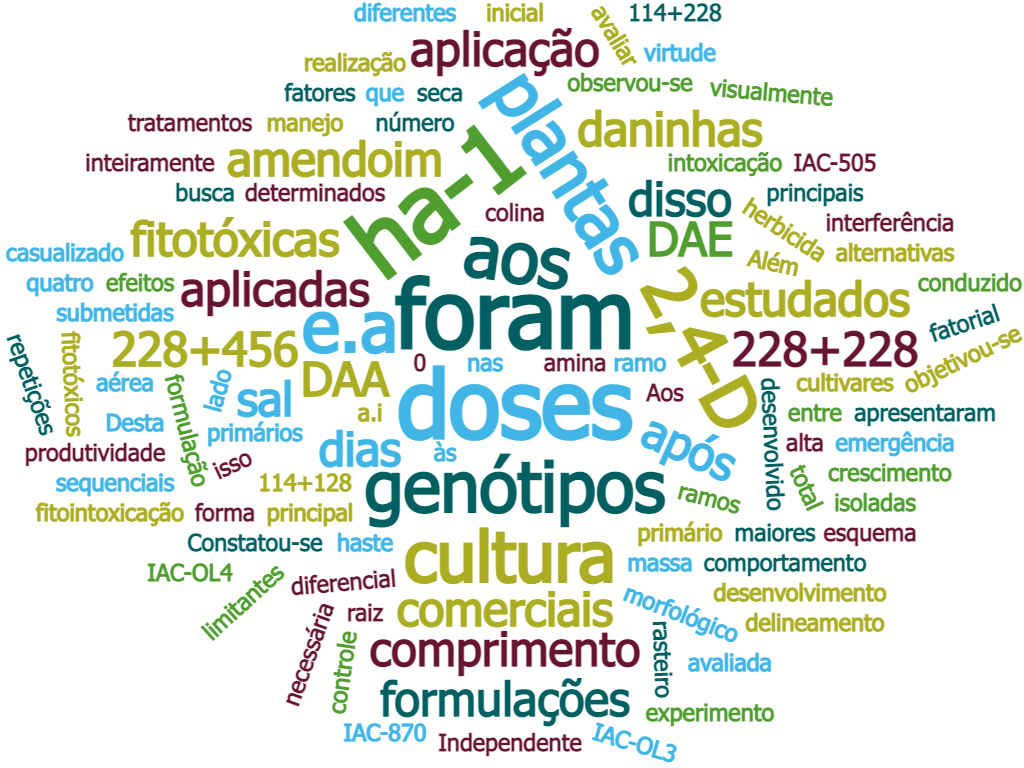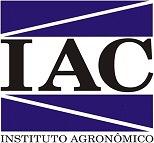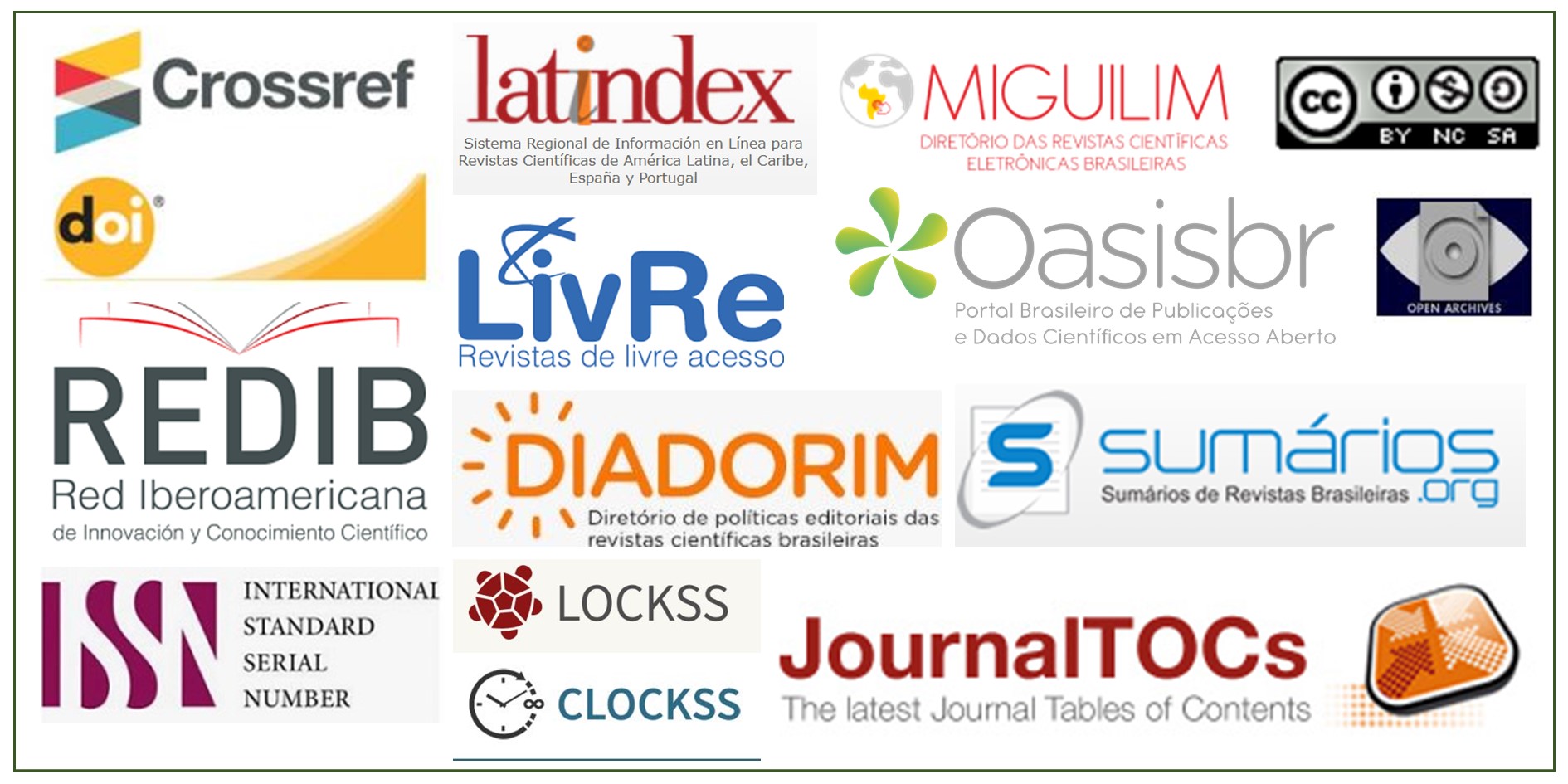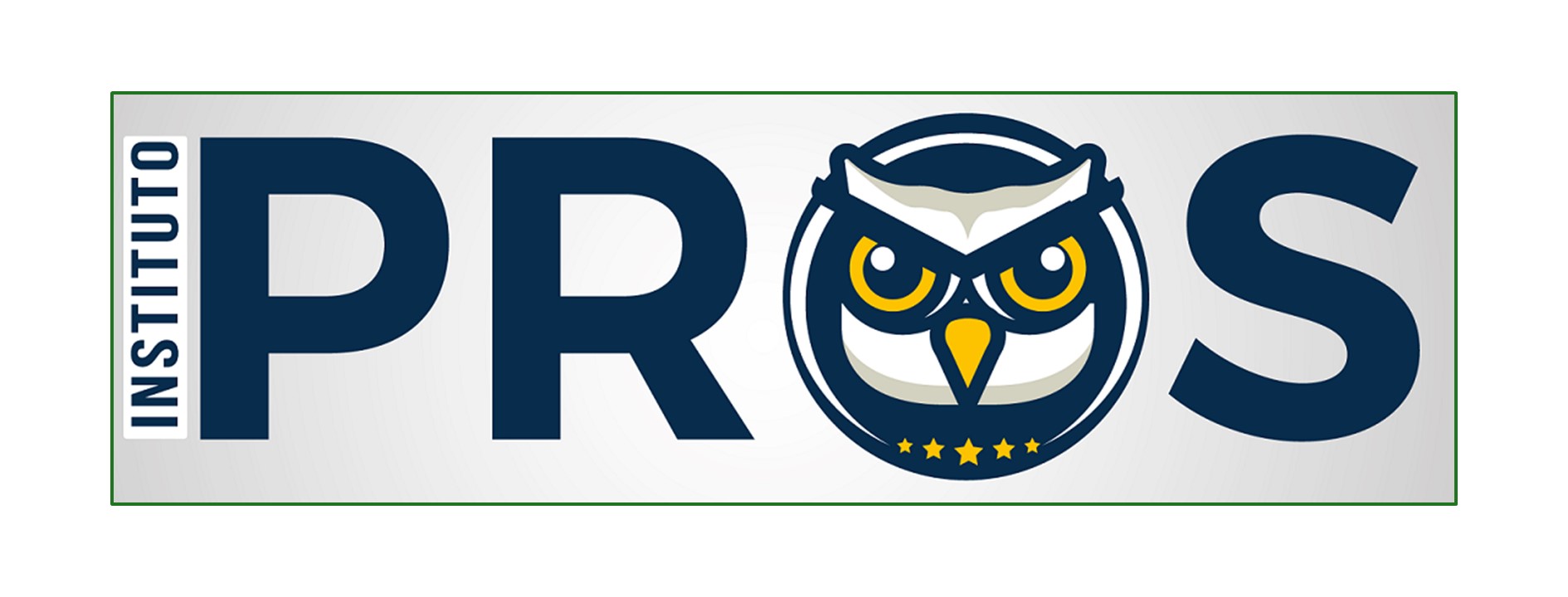Selectivity of 2,4-D formulations and doses for peanut genotypes
DOI:
https://doi.org/10.52755/sas.v2iedesp2.155Keywords:
Arachis hypogaea L., Herbicides, Intoxication, Weeds, InterferenceAbstract
Weed interference in peanut is one of the main limiting factors of plant growth, development and productivity. Based on this assumption, to develop alternative weed control is necessary to weed management. The objective of this study was to evaluate the phytotoxic effects of different formulations and doses of 2,4-D on runner peanut genotypes. The genotypes evaluated were: IAC OL3, IAC 870, IAC 505 and IAC OL4. The experiment was carried out in a completely randomized design, with four replicates, arranged in a 2 x 8 factorial scheme (herbicide formulation x doses). The single doses of 2,4-D applied were: 0, 228, 456, 910 and 1370 g a.i. ha-1 at 25 days after emergence (DAE), and the sequential doses were: 114 + 228, 228 + 228, 228 + 456 g a.e. ha-1 applied at 25 and 40 DAE. The phytotoxic effects were evaluated at 7, 14, 21, 28 and 35 days after the treatment application (DAT). At 35 DAT were determined the main stem length, the number of primary branches, the length of the most developed primary branch and the dry mass of shoot and root. It was verified that the plants submitted to the highest doses presented high initial intoxication. In addition, was observed differential morphological behavior among the genotypes. Regardless of the type of 2,4-D formulation (choline salt and amine salt), the application of 2,4-D at 228, 456, 114 + 128, 228 + 228 g a. e. ha-1 were not phytotoxic. The doses at 1370; 910 and 228 + 456 g a. e. ha-1 were phytotoxic to the genotypes.
Downloads

Downloads
Published
How to Cite
Issue
Section
License
Copyright (c) 2021 Thiago Souza Oliveira, Willians César Carrega , Anne Elise Cesarin, Arthur Arrobas Martins Barroso, Pedro Luis da Costa Aguiar Alves

This work is licensed under a Creative Commons Attribution-NonCommercial-ShareAlike 4.0 International License.
Autores concordam com os seguintes termos:
a) Os autores mantêm os direitos autorais e concedem à revista o direito de primeira publicação, com o trabalho simultaneamente licenciado sob a LicençaAttribution-NonCommercial-ShareAlike 4.0 International, que permite o compartilhamento do trabalho com reconhecimento da autoria e publicação inicial na Revista SAS. A licença permite o uso, a distribuição e a reprodução irrestrita, em qualquer meio, desde que devidamente citada a fonte. Essa licença permite também que outros remixem, adaptem e criem a partir do seu trabalho para fins não comerciais, desde que atribuam a você o devido crédito e que licenciem as novas criações sob termos idênticos.
b) Não cabe aos autores compensação financeira a qualquer título, por artigos ou resenhas publicados na South American Sciences.
c) Os conceitos expressos nos artigos publicados na South American Sciences são de inteira responsabilidade de seus autores.








